The hardest thing for any political party to achieve is renewal in government. The Tories have managed it twice since they came to power in 2010. In 2016 and 2019 they changed leader – and tack – to adjust to new political realities. Their effort in 2019 was more successful, winning them their biggest majority since 1987. At both points, it was obvious that a shift on Brexit was what was required. What about this time? The answer isn’t so clear.
In some ways this leadership race is the first discussion the Conservatives have had about their ideological direction since the 2005 leadership contest between David Cameron and David Davis when the party was in opposition. In 2016 and 2019, Brexit and personality so dominated the race that few other issues were discussed. This contest is already a far more wide-ranging debate than either of those campaigns were.
Covid disguised and exacerbated the Tories’ lack of a clear post-Brexit prospectus. (This lack of an agenda perhaps explains why so many of those in the running – including the trade minister Penny Mordaunt – are those who have not held high office in recent years.) For almost two years the government was fire-fighting, trying to work out how to handle the pandemic. It got some parts right (vaccines and furlough) and others wrong (prolonged school closures; Test and Trace).
The problems left by the pandemic make a new agenda all the more urgent. Public services have huge backlogs – and it is hard to imagine how the Tories could win an election if the NHS waiting list is touching ten million. From delayed passports and driving licences to transport strikes and flight cancellations, there is a sense in the country that things don’t work any more. At the same time, the extra funds given to the NHS to try to clear the backlog have pushed up the tax burden, and inflation has risen to its highest rate in a generation.
What should the new Tory mission be? The biggest challenge is growth. Productivity has grown at an average of 0.4 per cent a year since 2008, compared with 2.2 per cent a year in the previous three decades.
Most of the leadership candidates favour big tax cuts to get the economy moving (Liz Truss makes the case for them in her interview with Katy Balls). But these tax cuts tend to be funded by more borrowing. The argument that this approach worked for Ronald Reagan ignores two things. First, the US Federal Reserve under Paul Volcker was much more hawkish than any contemporary central bank; the Federal Funds rate was 16 per cent when Reagan was slashing taxes. Candidates arguing for looser fiscal policy and tighter monetary policy might be being consistent, but parliament only has control over the former, and the Bank of England has given no indication that it’s going to change its slow and steady approach to interest rates. Second, for the global reserve currency, deficit-financed tax cuts do not carry the same risk as they do for a country such as the UK.
One of the distinctions between Margaret Thatcher and Reagan was that she believed the government had to get public spending under control before it could sustainably cut taxes. Rishi Sunak is attempting to make this argument in his campaign. The question is whether what he calls ‘common sense Thatcherism’ still holds sway in the party.
Interestingly, Kemi Badenoch, the former communities minister and Spectator alumna who is making an impressive run, has not joined in the calls for tax cuts. She has instead argued that lower taxes require the state to stop doing things. It could be argued that in saying you can’t do ‘the same with less’, Badenoch is ignoring the benefits that public service reform could bring (technology remains remarkably under-utilised in state services). But her overall argument has truth to it. The challenge for Badenoch, however, is that she would go straight into No. 10 if she won – she would have to have a programme ready in six weeks, when the kind of changes she is talking about take years to prepare. If the Tories were in opposition, the case for her would be more persuasive.
The next question for the Conservative party is how much of a personnel change it needs. In 2019, there was not just a change of leader but a dramatic shake-up of the cabinet. Seventeen ministers left Theresa May’s last cabinet, either because they resigned or were sacked – the biggest ever changeover with the same party remaining in office. In this contest, Tom Tugendhat argues that the fact he has never served in government under Boris Johnson (or any government for that matter) is beneficial because the Tories need ‘a clean start’. The problem with Tugendhat’s argument is that it is hard to go into No. 10 without any ministerial experience. Tony Blair and David Cameron did it, but both had served as leader of the opposition first – a role that required them to shadow the prime minister.
History also suggests that when a prime minister who has so dominated the political scene leaves the stage, the government feels different whoever takes over – look at how John Major’s government felt like a change from Thatcher’s. But one big difference between now and 1990 is that there is no obvious policy that can be dropped to symbolise the change in leadership and direction, as there was in the case of the poll tax for Major’s government.
The Tories are racing through the parliamentary stages to get to the two final candidates. There will then be hustings around the country. But since the membership ballot allows online voting, it is fair to assume that many members will vote as soon as polling opens. This means the first few hustings will be disproportionately important.
In this contest, the Tories are electing both a party leader and a prime minister. No candidate will call an early election – it would be a crazy decision, given how far the party is behind in the polls and that inflation will start to come down from the end of this year. But the fact that the Tories are choosing the leader of the nation without anyone else getting a say does put a particular responsibility on them.
Got something to add? Join the discussion and comment below.
Get 10 issues for just $10
Subscribe to The Spectator Australia today for the next 10 magazine issues, plus full online access, for just $10.
You might disagree with half of it, but you’ll enjoy reading all of it. Try your first month for free, then just $2 a week for the remainder of your first year.


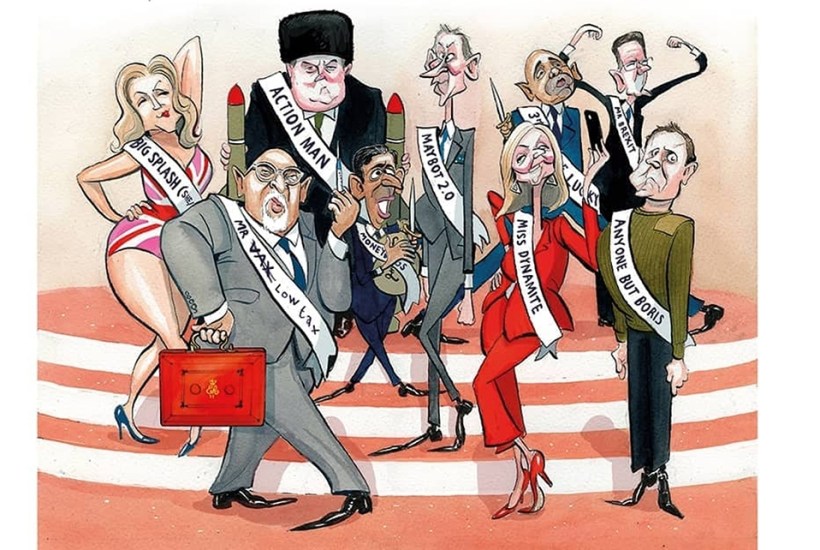
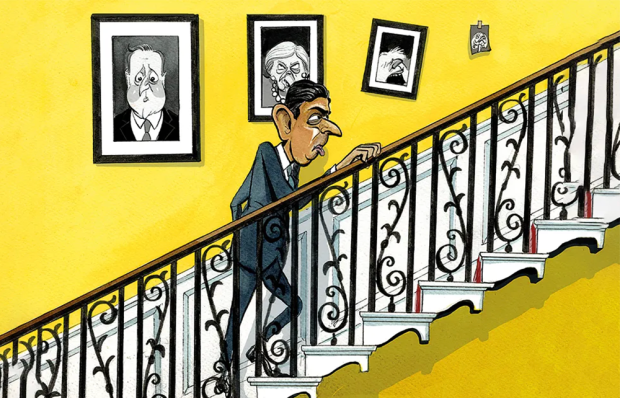
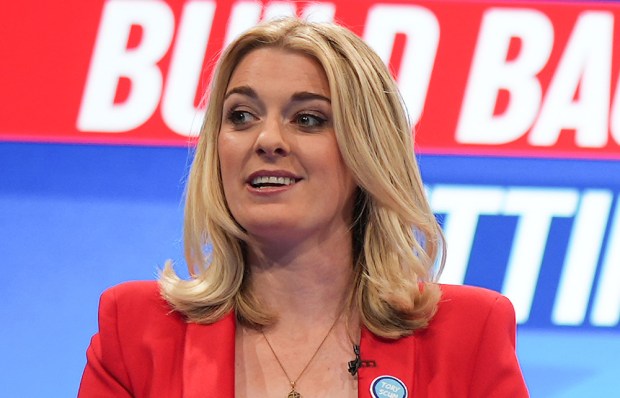
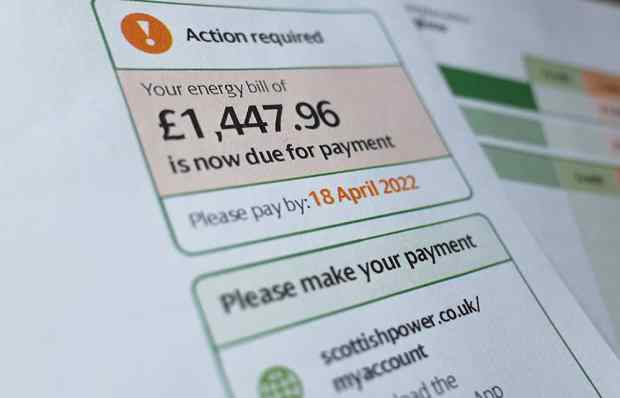
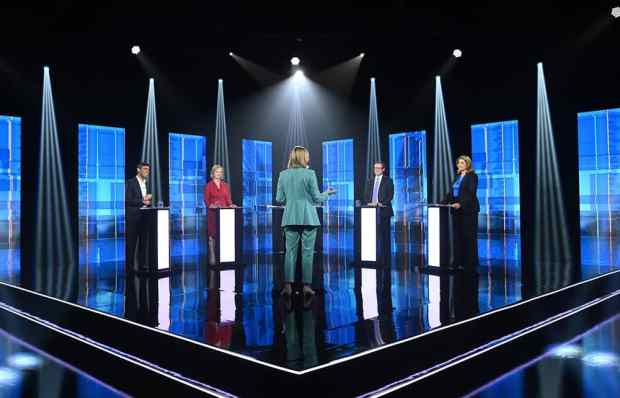
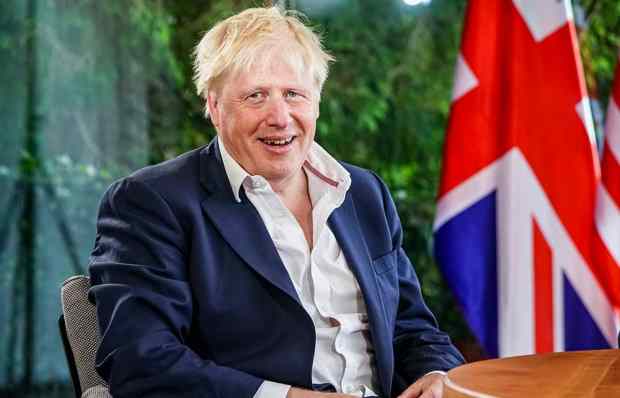
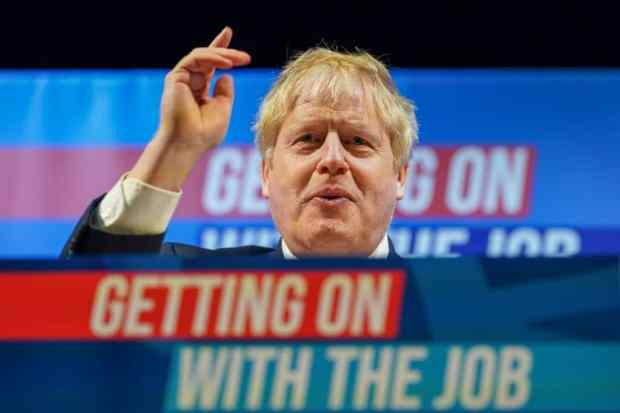






Comments
Don't miss out
Join the conversation with other Spectator Australia readers. Subscribe to leave a comment.
SUBSCRIBEAlready a subscriber? Log in